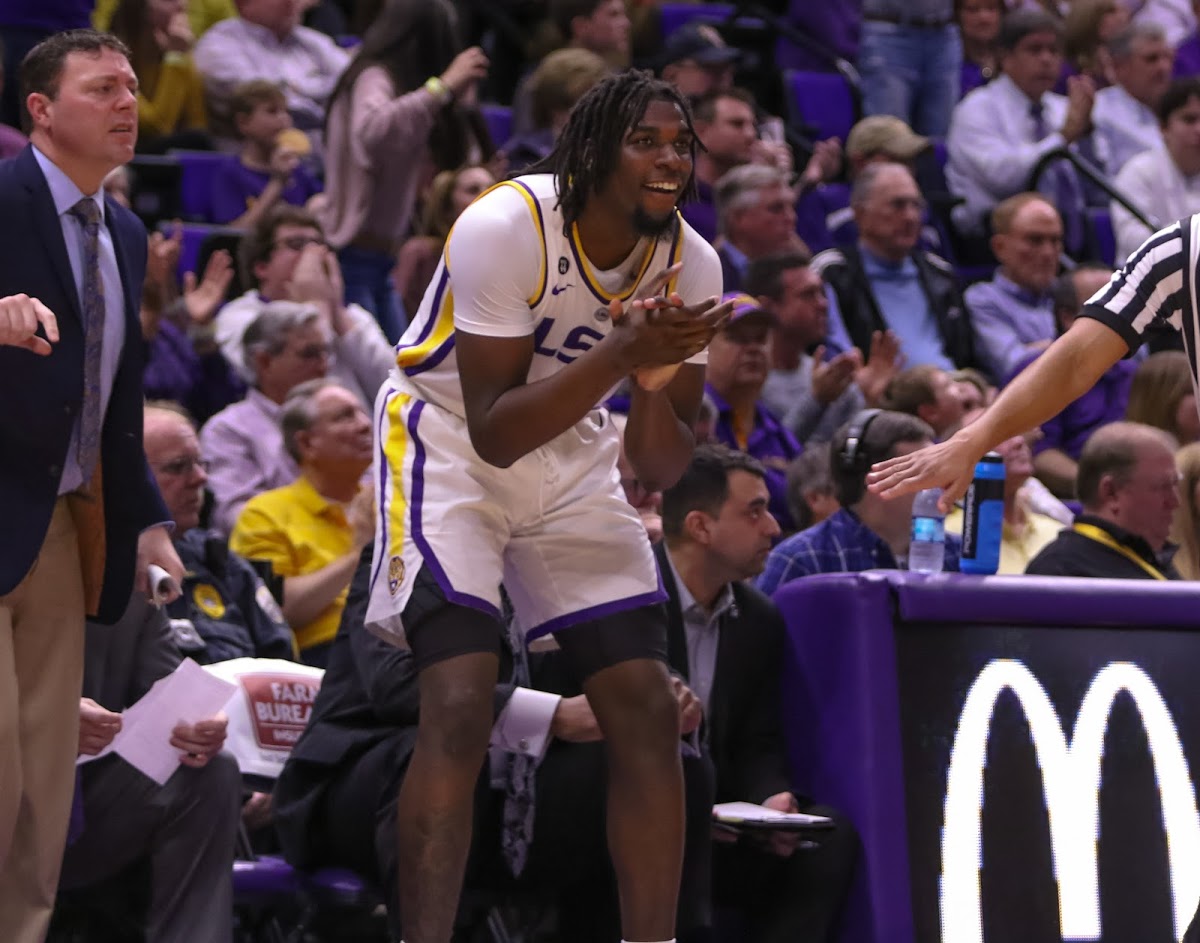
CORVALLIS, Ore. — The Zack Hess who will get the ball against Oregon State in a winner’s bracket game Saturday night at Goss Stadium isn’t remotely the same flame-throwing wild man that the Beavers saw twice in the College World Series last summer as a reliever.
LSU is counting on Hess to not be the same two-pitch starter who muddled through a largely inconsistent sophomore season, either.
If LSU is going to upend Oregon State on its own turf on Saturday night, and if Hess is going to outduel Luke Heimlich (14-1, 2.49 ERA), its controversial All-American of an ace, the Tigers are going to need the Hess that shined bright over seven dominant innings against Arkansas at the Southeastern Conference Tournament.
The biggest difference between that Hess and the hurler who had yielded 21 earned runs in his previous 29 innings of work was the ability to mix in just enough changeups to keep a powerful Arkansas lineup off his fastball.
“It just gives you a third pitch that teams have to respect,” LSU pitching coach Alan Dunn said. “Hitters can’t just eliminate pitches on you, which is what good pitchers do. It just gives you other options and helps you to be able to go through the lineup two and three times.”
Implementing more changeups had been an offseason focus for Hess during his brief stint in the Cape Cod League. He made a handful of starts in the premier collegiate summer league in part to dust the cobwebs off his third pitch after shelving it during his run as a dominant reliever.
“The changeup has been an ongoing process for me since I started pitching,” Hess said. “In high school it wasn’t something I needed. I could get by with two pitches. It was something I worked on when I got here, but we put it on the shelf when I moved to the bullpen.”
Hess (7-5, 4.43 ERA) began the season using it sparingly, but his early success featuring mostly his fastball and slider caused the changeup to be relegated to being used a few times a start at most. Hess didn’t seem like he needed it, so he didn’t throw many at all.
The equation began to change as LSU got into the 30-game grind of SEC play. The league is at the forefront of college baseball when it comes to advanced scouting, and down the stretch teams began to simply take Hess’ devastating slider and wait patiently for a fastball in the strike zone to hit.
Opposing lineups adjusted to the way they attacked Hess, and eventually he found it necessary to make an adjustment of his own.
The turning point mentally came in his regular season start against Arkansas, Hess felt he had his best stuff, but the Hogs scored three runs in seven innings against him anyway. After rough outings against Alabama and Auburn, it became clear to him that it was time to re-discover that third pitch.
“Changeup is a huge pitch for anybody’s repertoire, I don’t care who you are,” Dunn said. “If you have a fastball and a changeup, you have an opportunity to pitch anywhere in baseball because the timing of hitters can be changed.”
Hess mixed in 12-to-15 changeups against Arkansas in Hoover, and the bit of indecision that caused was enough to limit the dangerous Hogs to one hit in seven innings.
It wasn’t just the threat of throwing the changeup that made the difference. Hess also switched up how he gripped the pitch, going from the traditional circle change grip employed by most pitchers to the split-finger variety that felt more natural to him.
Hess has long admired the way injured teammate Eric Walker or freshman AJ Labas use the circle changeup to keep hitters off more pedestrian heaters. However, he struggled to get a feel for throwing it the way those two do.
“As pitchers, you’re usually able to either spin the ball or throw a changeup. For me, I was able to spin it,” Hess said. “That’s where I’ve been able to find more success (with the split-finger grip). It’s more comfortable for me because it’s kind of like throwing a breaking ball. You can have the fastball mentality with it; throw it as hard as you can and let it just play in the zone.”
Armed with a three-pitch mix, Hess was able to dominate the most imposing lineup the SEC has to offer. Will his re-worked repertoire be enough to prevail against Heimlich and the mighty Beavers on their home turf?
LSU is counting on as much from its big gun if this shorthanded pitching staff is going to get them through the Corvallis Regional and continue on along the road to Omaha.




Be the first to comment